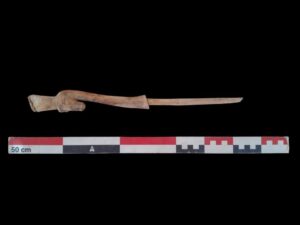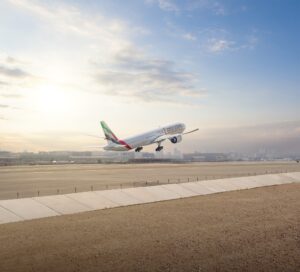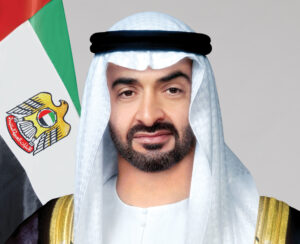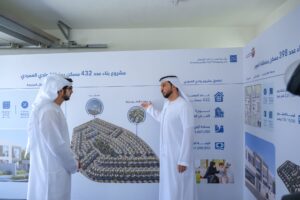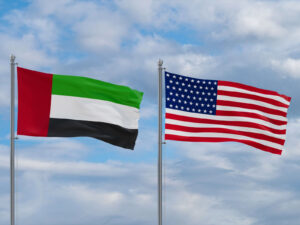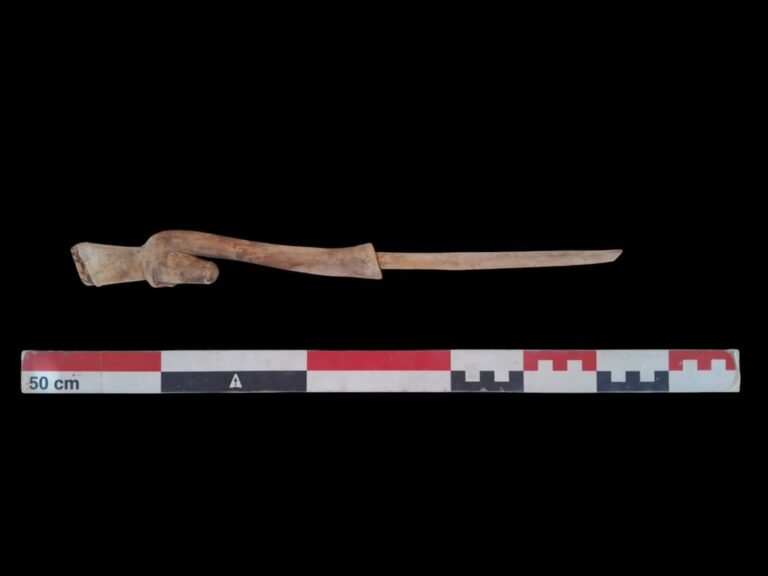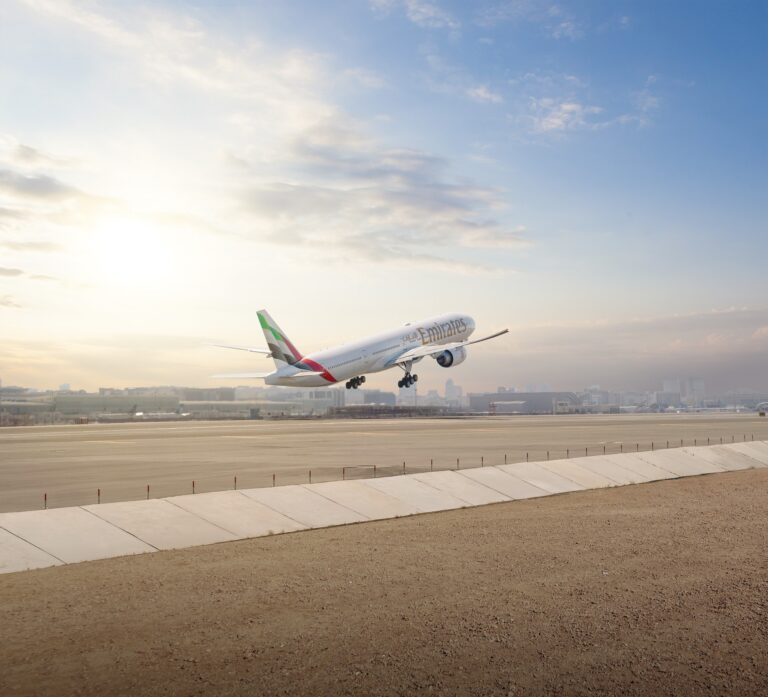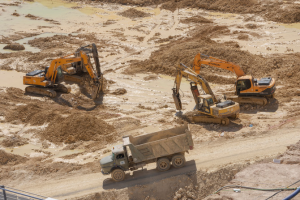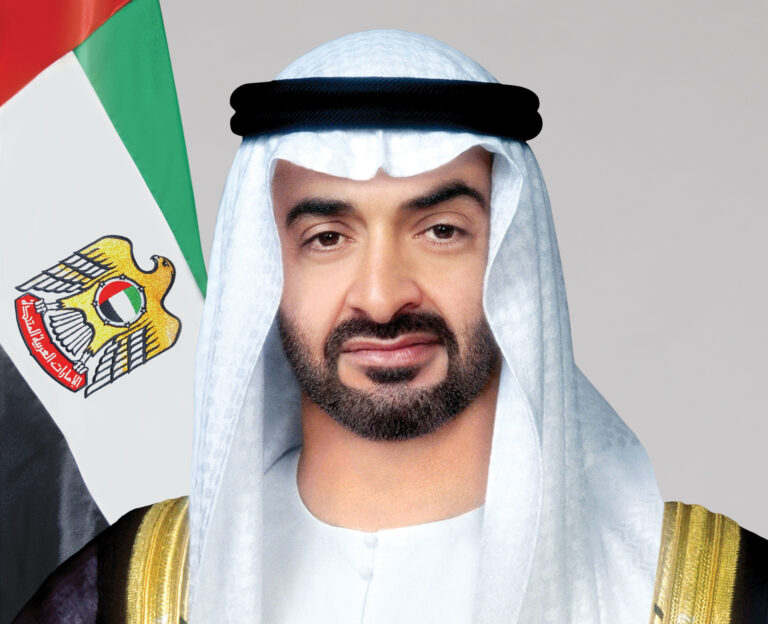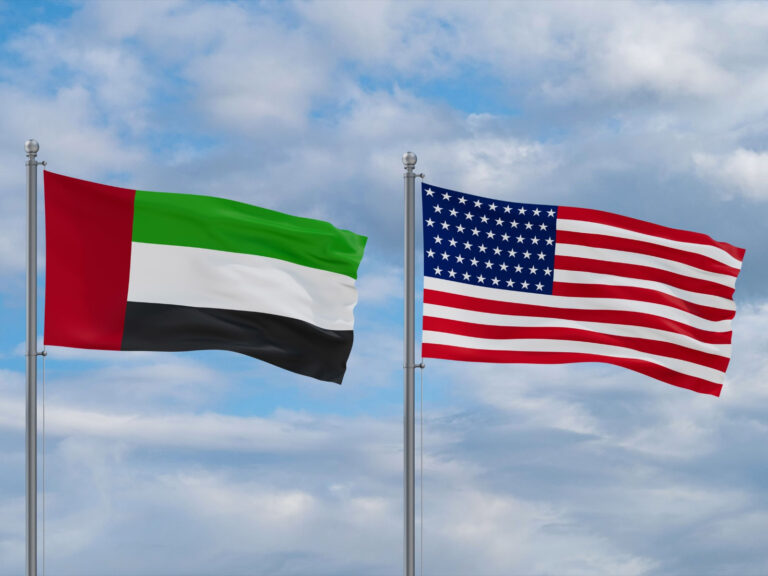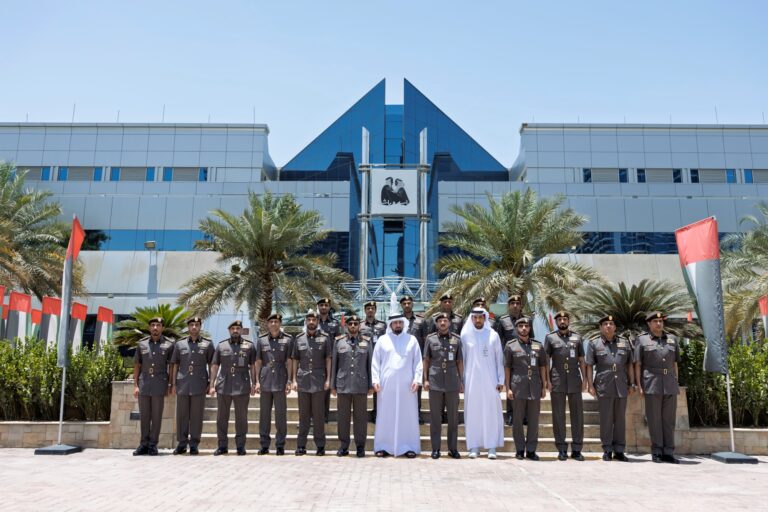
Dhaka: External Affairs Minister S Jaishanakar, on Friday, reiterated India’s commitment to the well-being of Indian Ocean countries.
Addressing the 6th Indian Ocean Conference in Dhaka, Jaishankar said, “Reiterating India’s commitment to the well-being and progress of all nations of the Indian Ocean. We have dedicated bodies like the Indian Ocean Rim Association or the Indian Ocean Naval Symposium, with their specific mandates.” He also stated that India had expanded on that belief through the Neighbourhood First policy, the SAGAR outlook and our approach to the extended neighbourhood. India also believed that a seamless transition into an Indo-Pacific is to the collective advantage.
“This is a gathering of like-minded to have an open and fruitful discussion on various dimensions of our cooperation. I wish the deliberation all success,” Jaishankar added.
At the event, Jaishankar praised Bangladesh for releasing its Indo-Pacific outlook and joining a number of countries in articulating its thinking on the subject. Indo-Pacific is a reality and statement of contemporary globalisation, he added.
EAM also stated UNCLOS should be respected and termed Bangladesh a “successful developing economy.”
Jaishankar, at the event, without naming any nation said that when the country disregards their legal obligations or violates long-standing agreements, the damage done to “trust and confidence is immense”.
Jaishankar also spoke about “unsustainable debt”. He said, “A significant shared concern through the Indian Ocean is that of unsustainable debt generated by unviable projects. There are lessons from the last two decades that we ignore at our peril. If we encourage opaque lending practices, exorbitant ventures and price points that are unrelated to the market, these are bound to bite us back, sooner rather than later.”
“Especially so when sovereign guarantees have been proffered, not always with due diligence. Many of us in the region are today confronting the consequences of our past choices. This is a time to reflect and reform, not one to repeat and reiterate,” EAM added.
He also stated that connectivity is a particularly crucial issue for all of the countries and this is because the era of imperialism disrupted the natural linkages of the continent and created regional silos to serve its own ends.
“In many cases, the hinterland was disadvantaged to the benefit of the coastal areas. Building back in the post-colonial era is a long, painful and arduous task. It is still very much a work in progress. How to restore, indeed enhance flows between distinct regions is today of the utmost priority. For a nation like India, this means a land connection to South East Asia. And a multi-modal one to the Gulf and beyond. Central Asia offers its own distinct challenges due to obstacles in between,” Jaishankar said.
“Collectively, the more we work on facilitating smooth and effective connectivity, the better off we all are. And obviously, we need to respect sovereignty and territorial integrity while doing so. Let me, therefore, underline that from India’s perspective, efficient and effective connectivity to ASEAN in particular will be a game-changer. We accord this the utmost priority,” he added.
